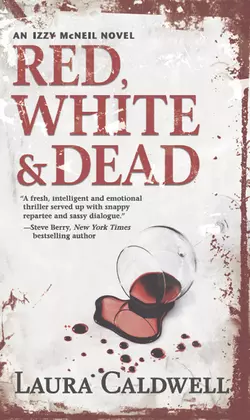Red, White & Dead

Laura Caldwell
Тип: электронная книга
Жанр: Современные любовные романы
Язык: на английском языке
Стоимость: 152.29 ₽
Статус: В продаже
Издательство: HarperCollins
Дата публикации: 16.04.2024
Отзывы: Пока нет Добавить отзыв
О книге: A few short months before, I’d juggled three men in my life, and then suddenly there were none. Today, one was staging a comeback, and I wasn’t sure what to do about that. In the meantime I was free to date whoever I wanted. Even a ranking member of the mafia as part of a part-time job. Izzy McNeil is hot on the trail of one of Chicago’s most notorious gangsters.Not that he realizes the crimson-tressed enchantress, a self-proclaimed “lapsed lawyer,” is moonlighting as a private investigator. But when an unexpected run-in trashes Izzy’s cover, she’s swept into an evil underworld where she is definitely not safe.That is until Izzy receives help from an unlikely source: the ultimate guardian angel. And the last person she ever dreamed she’d see again. Now Izzy is racing from Chicago to Rome, all the while battling personal demons, Mafiosi killers and red hot emergency desires.…